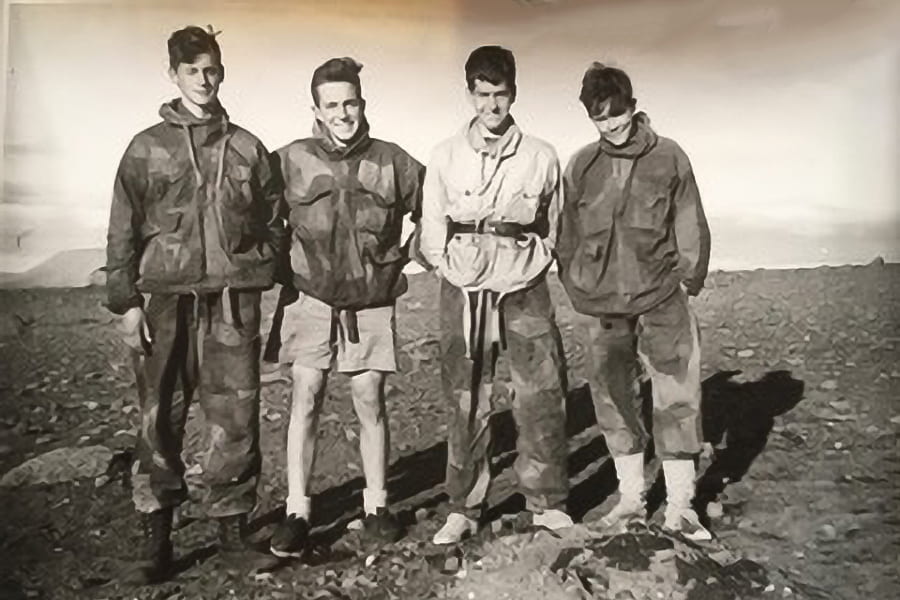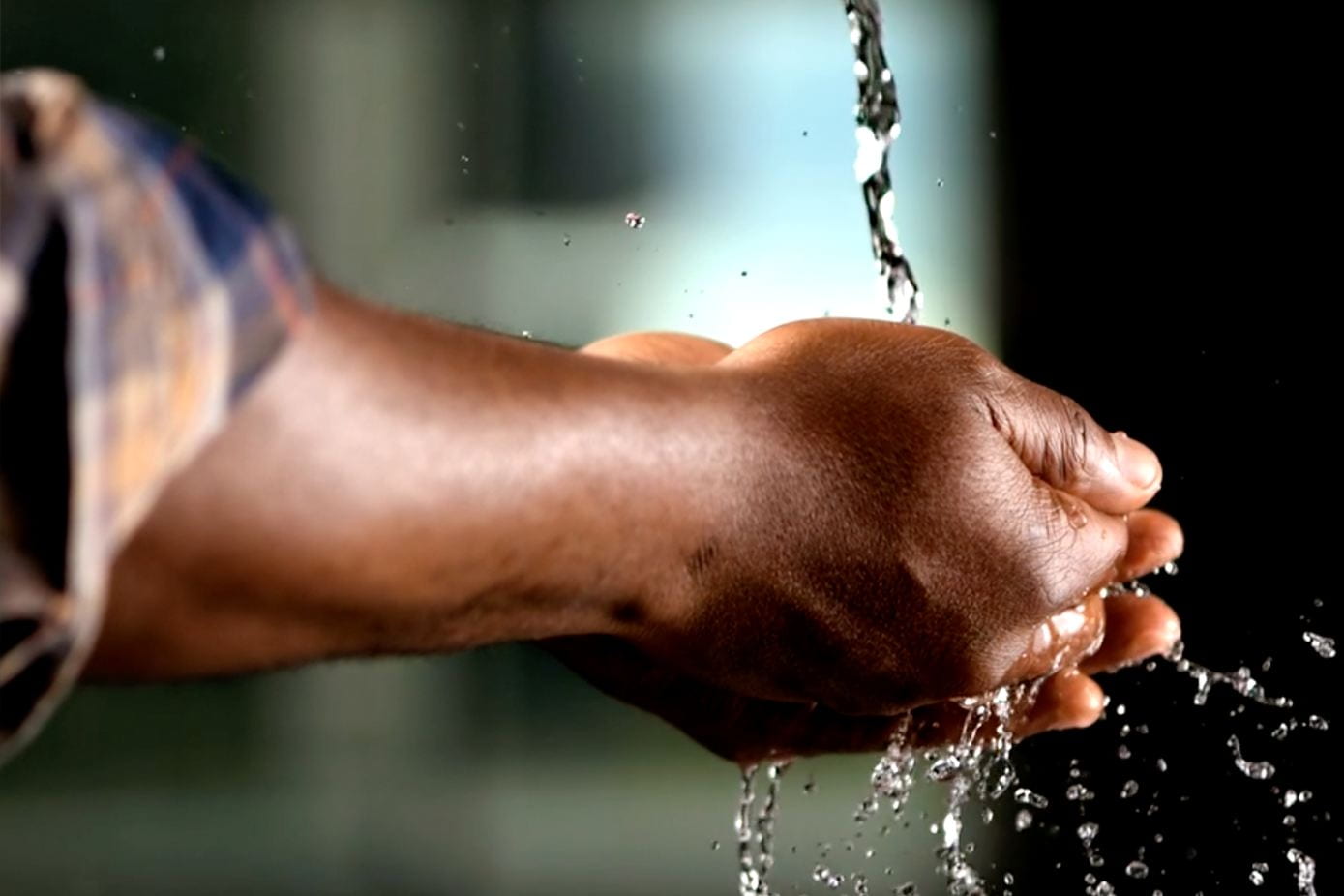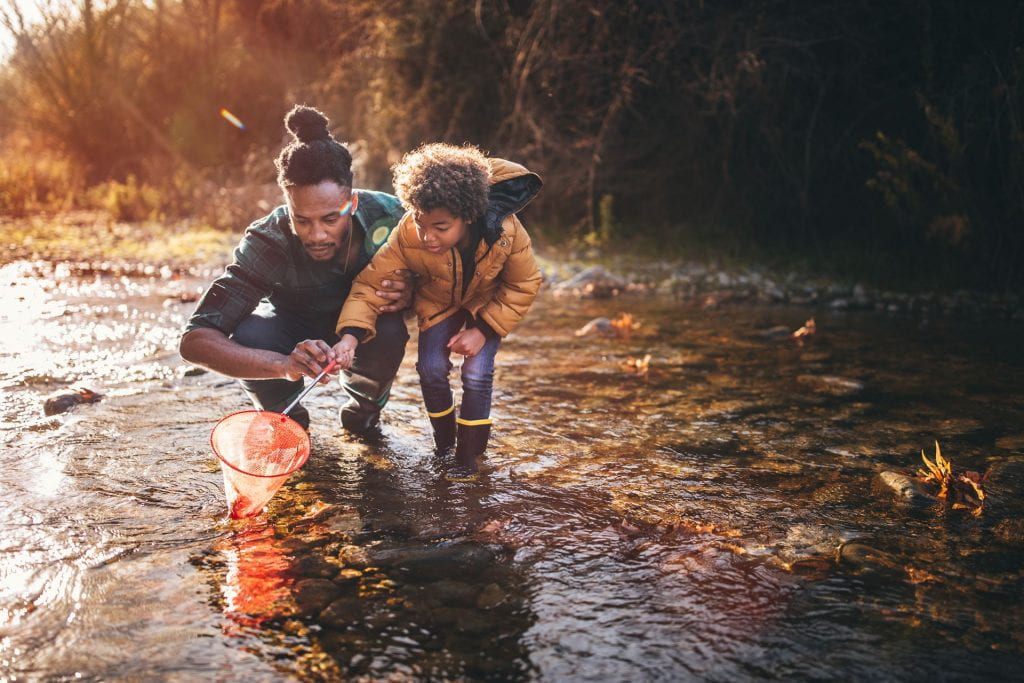Improving the environment to promote health and well-being
According to the World Health Organization, approximately one-quarter of all deaths can be linked to an environmental contributing cause. This implies that changes we can make to our surroundings could prevent or forestall one in four deaths across the globe. Of course, these changes—things like reducing exposure to industrial chemicals, lowering the average summer temperatures in urban environments, assuring the safety of public water supplies, eliminating exposure to second-hand tobacco smoke, and improving the safety of roads—are not always easy to realize. But, when compared to the very sticky challenge of convincing millions to shift their behavior toward healthier lifestyles, or the formidable leap needed to translate new molecular biology knowledge into preventive therapeutics, environmental-health approaches are undoubtedly worthy of significant attention and investment.
The College of Health and Human Development, with the support of the Penn State Institutes of Energy and Environment and four other University research institutes, is making such an investment by launching an initiative to recruit six new faculty focused on environmental health over the next three years. This will substantially increase the college’s capacity to improve societal well-being through this important pathway, as well as build expertise needed to help us prepare the next generation of environmental-health scientists.
I look forward to updating you on this initiative in future editions of the magazine. For now, I invite you to read a series of stories in this issue on some of the exciting work already underway here in the college around environmental determinants of health and wellness.

Craig J. Newschaffer
Raymond E. and Erin Stuart Schultz Dean
College of Health and Human Development

Craig J. Newschaffer
Raymond E. and Erin Stuart Schultz Dean
College of Health and Human Development
Explore our current work in Health and the Environment
How hot is too hot?
Once a person exceeds the temperature where their body can cool itself, they continue to heat up, which can cause health problems. As climate change makes extreme heat more common, researchers are studying temperature limits that people can tolerate.
Language, culture, and pesticides: how to protect farmworkers
Farmworkers in the United States are exposed to pesticides, machinery, and other potential hazards. Researchers are working to provide the protective equipment and the health literacy needed to improve farmworkers’ well-being.
In the Media: Understanding how humans meet their water needs
Asher Rosinger works to understand how humans meet their water needs and how this relates to health, the environment, and more. He has received extensive media coverage and professional recognition for this work.
COVID-19 pandemic affects outdoor recreation
Research led by Penn State’s Department of Recreation, Park, and Tourism Management shows that 20 percent of Americans began regularly participating in outdoor recreation during the COVID-19 pandemic, while 13 percent of Americans stopped.
Photo Credits
Header video via Getty Images with clips from:
OrlowskiDesigns
John_Lamb
FG Trade
MartinHarvey
pidjoe







